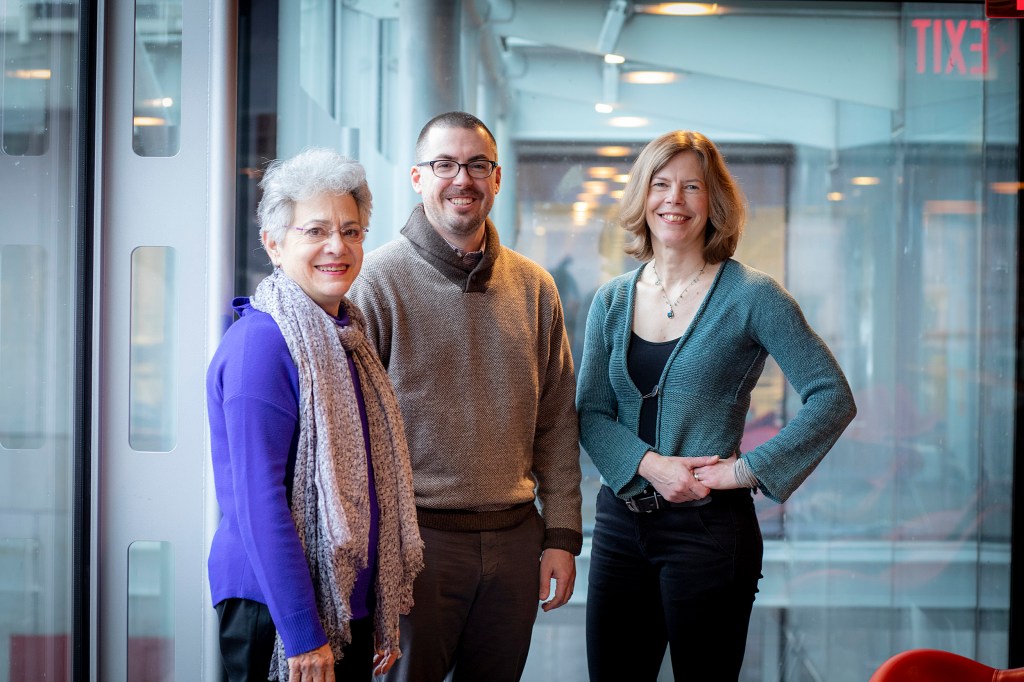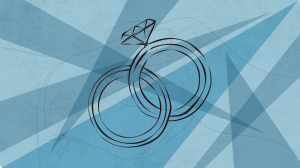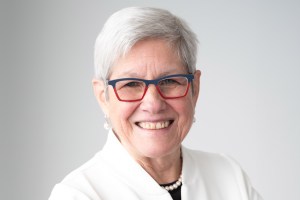Science & Tech
-
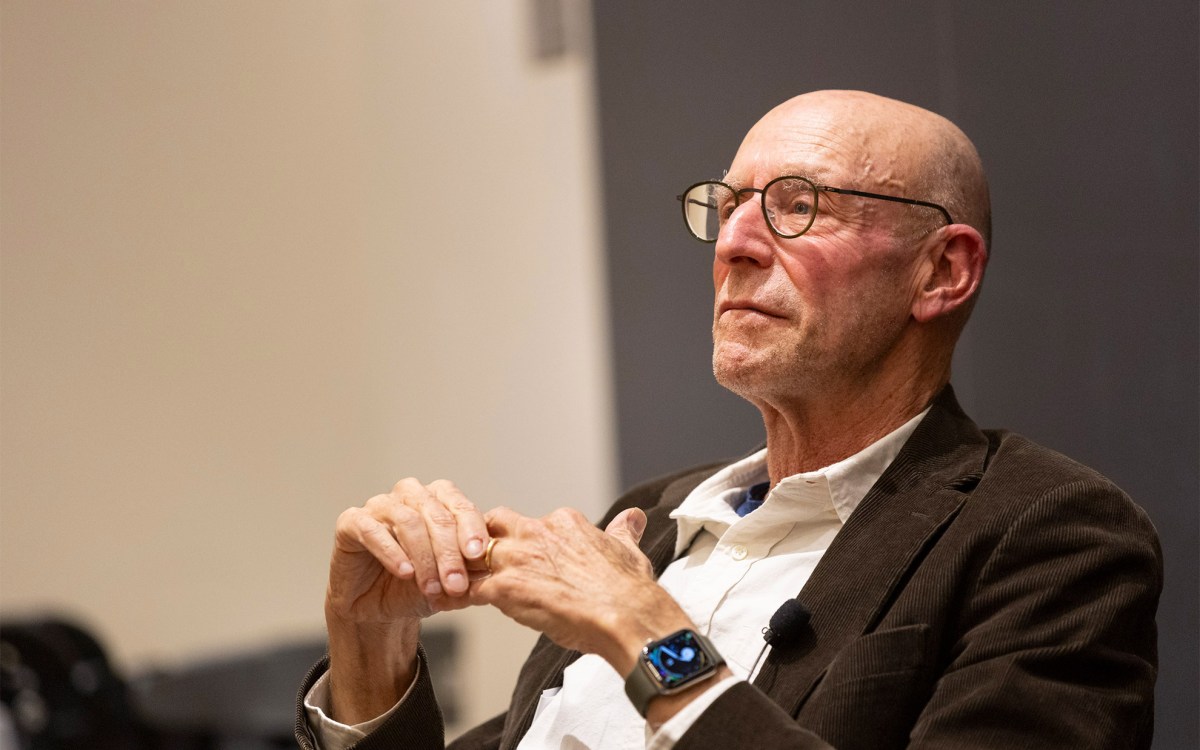
What exactly is consciousness? (And does my Venus flytrap have it too?)
In new book, author Michael Pollan explores nonhuman sentience, stream of thought, AI
-

Can a chatbot be a co-author?
Physicists take souped-up ChatGPT out for a spin, return home with significant discovery

-

Preserving learning in the age of AI shortcuts
In podcast, teachers talk about how they’re using technology to supercharge critical thinking rather than replace it
-

A ‘cocktail’ recipe for brain cells
Stem cell biologists discover how to regenerate type damaged in ALS, spinal cord injuries

-

When you do the math, humans still rule
Harvard’s Lauren Williams, a MacArthur ‘genius,’ joins international effort to challenge notions of AI supremacy
-

‘Imagination’
Less like a picture, more like a video game? Cognitive scientist explains how we ‘see’ what isn’t real.
-
Beneath the surface
New study debunks long-held theory that dolphins had ridged skin, which helped them swim faster.

-
Solving a statistical nightmare
Researchers have discovered why the North Atlantic and Northeast Pacific appeared to warm twice as much as the global average, while the Northwest Pacific cooled over several decades.

-
Are we alone in the universe?
Harvard astronomer Laura Kreidberg studies the atmospheres of extrasolar planets to search for signs of life.
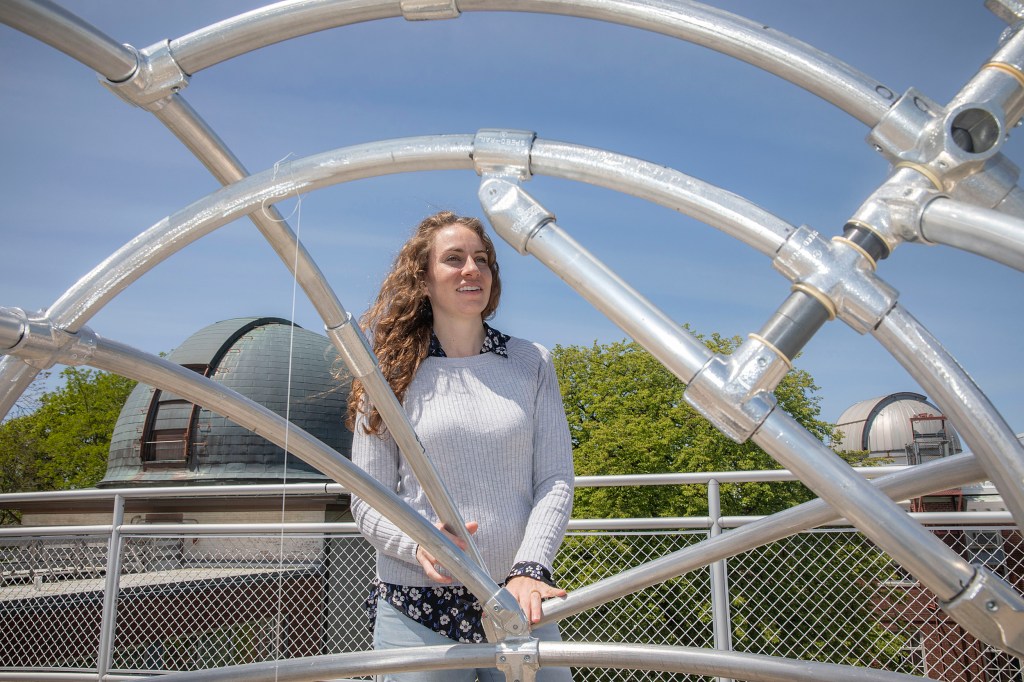
-
Plague genomes show extent, diversity of massive Roman-era pandemic
New research from an interdisciplinary team of researchers shows an early plague pandemic reached post-Roman Britain and had unexpected genetic diversity.
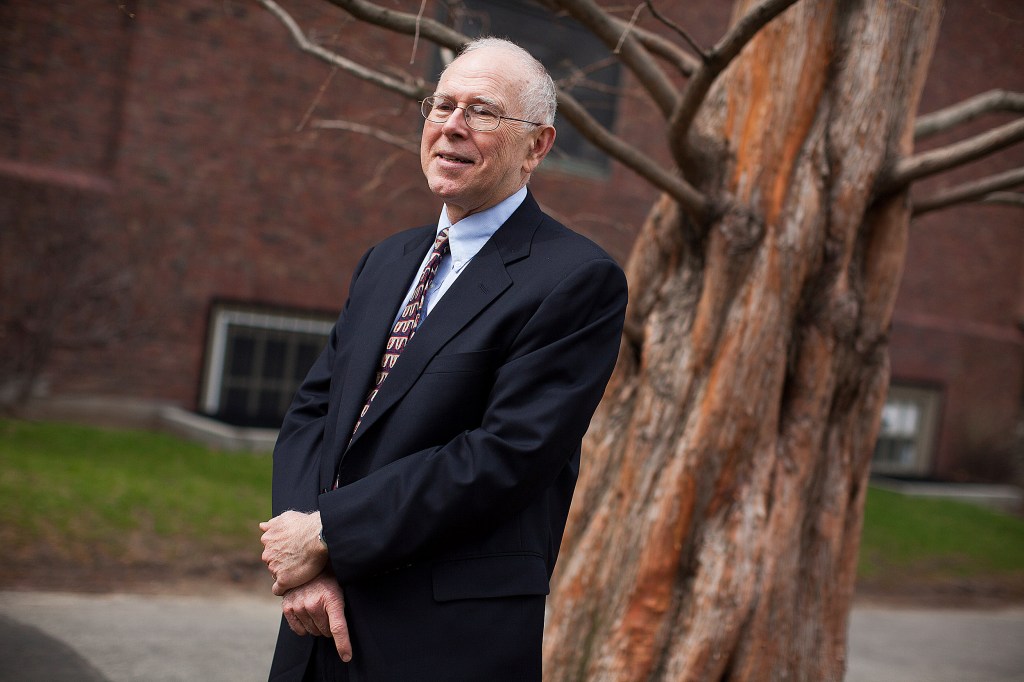
-
A product idea with legs
Dakota McCoy, in collaboration with David Haig, led a group of researchers at Harvard studying the black spider and its ultrablack coat with microlenses that could lead to innovations in solar panels and sunglasses glare.
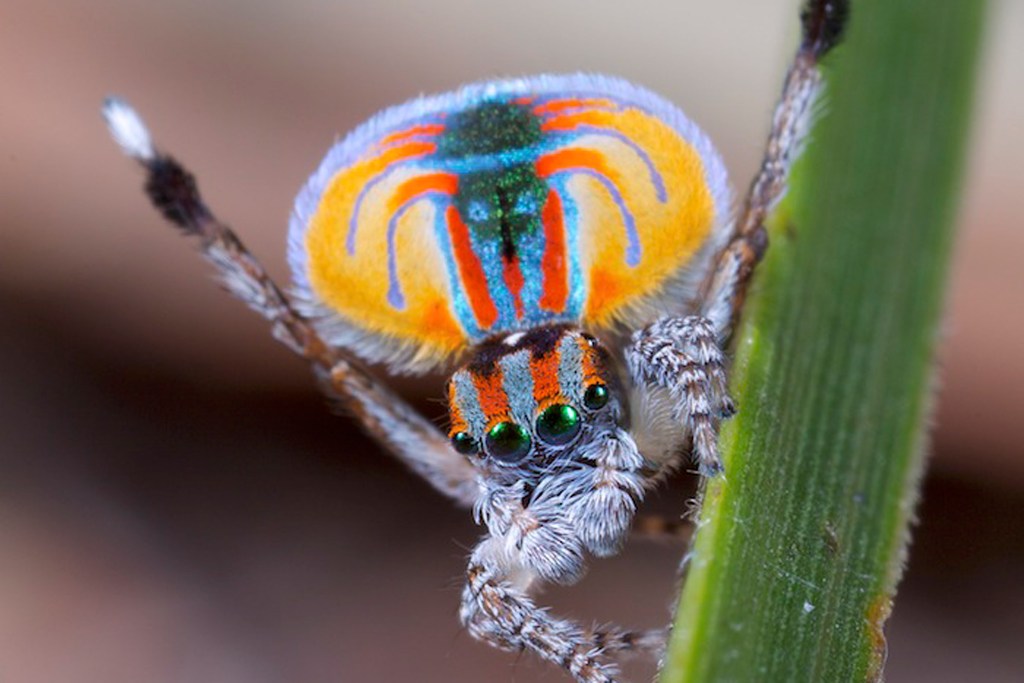
-
Spreading seeds of life
Scientists at the Institute for Theory and Computation have made a comprehensive calculation suggesting that panspermia could happen, and have found that as many as 10 trillion asteroid-sized objects might exist that carry life.
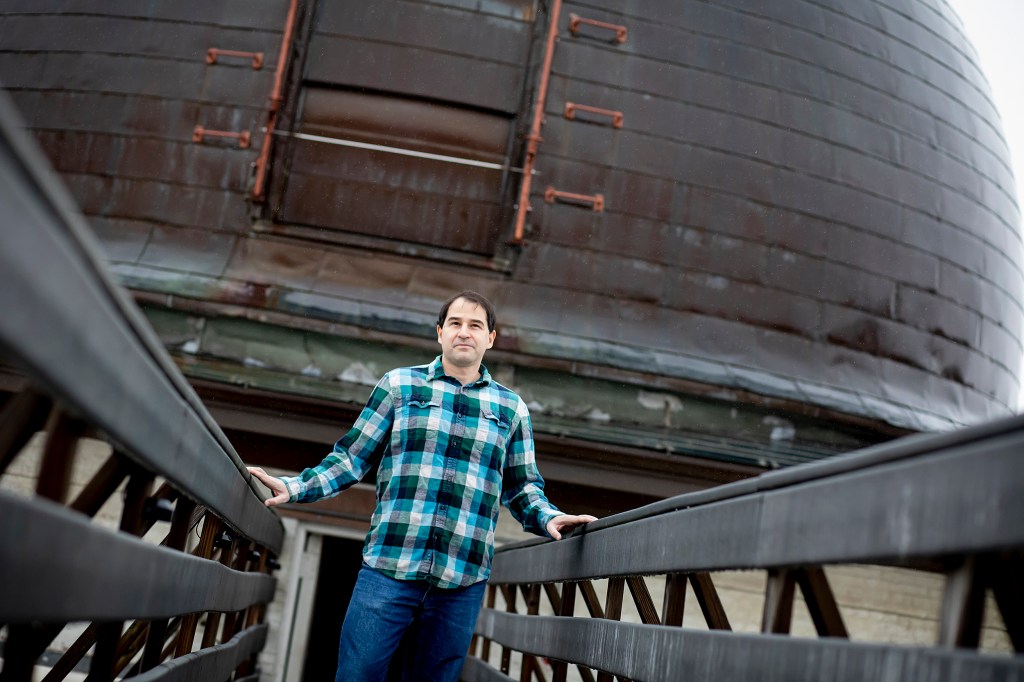
-
Soft robots for all
The first soft ring oscillator gets plushy robots to roll, undulate, sort, meter liquids, and swallow.
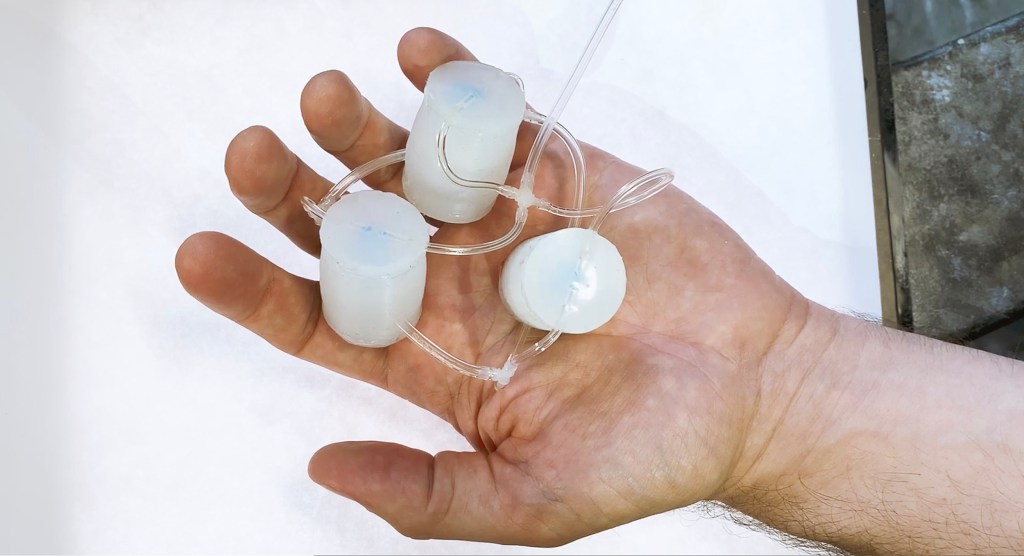
-
Polarizing apposite
A portable, miniature camera that can image polarization in a single shot has potential applications in machine vision, autonomous vehicles, security, atmospheric chemistry, and more.
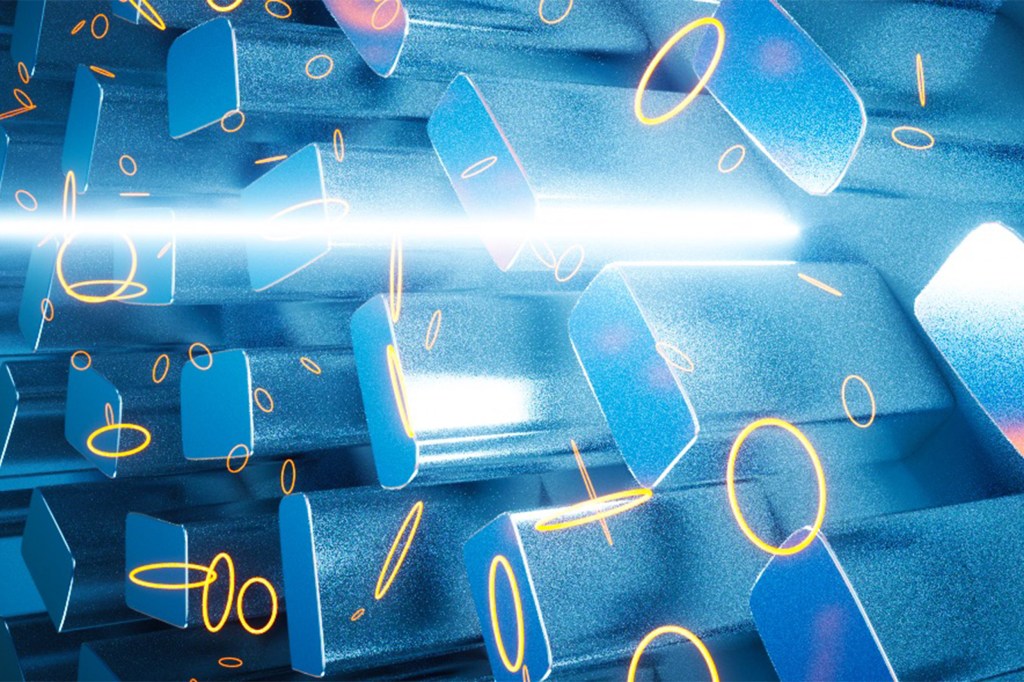
-
So you think he can dance?
Snowball the dancing cockatoo is the subject of a study by Radcliffe fellow and Tufts neuroscientist Ani Patel, who suggests the bird’s ability to move in time to music is connected to the way humans groove to a beat.
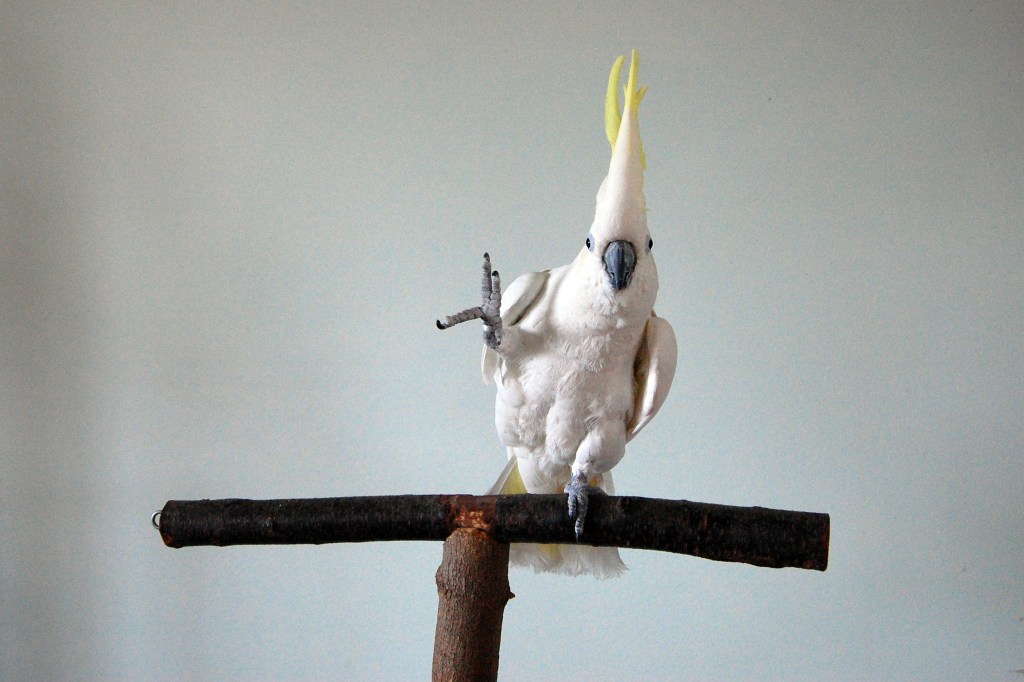
-
Single letter speaks volumes
Scientists have used an optimized version of the CRISPR-Cas9 gene-editing system to prevent hearing loss in so-called Beethoven mice, which carry a genetic mutation that causes profound hearing loss in humans and mice alike.
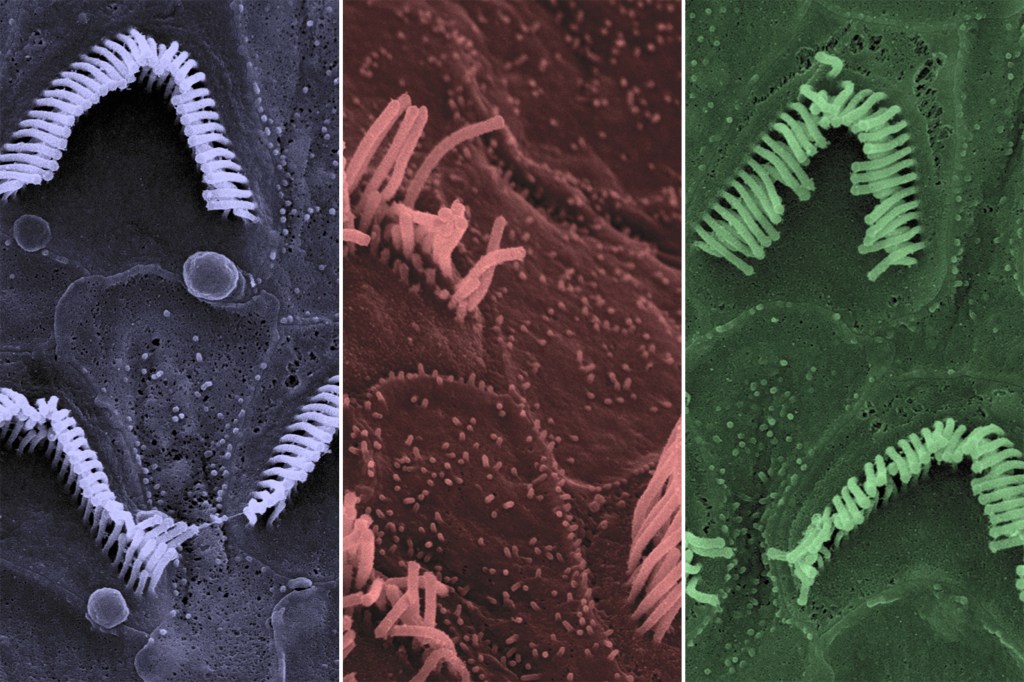
-
Combing out a tangled problem
A new technique speeds creation of nanowire devices, boosting research into what’s happening inside cells.
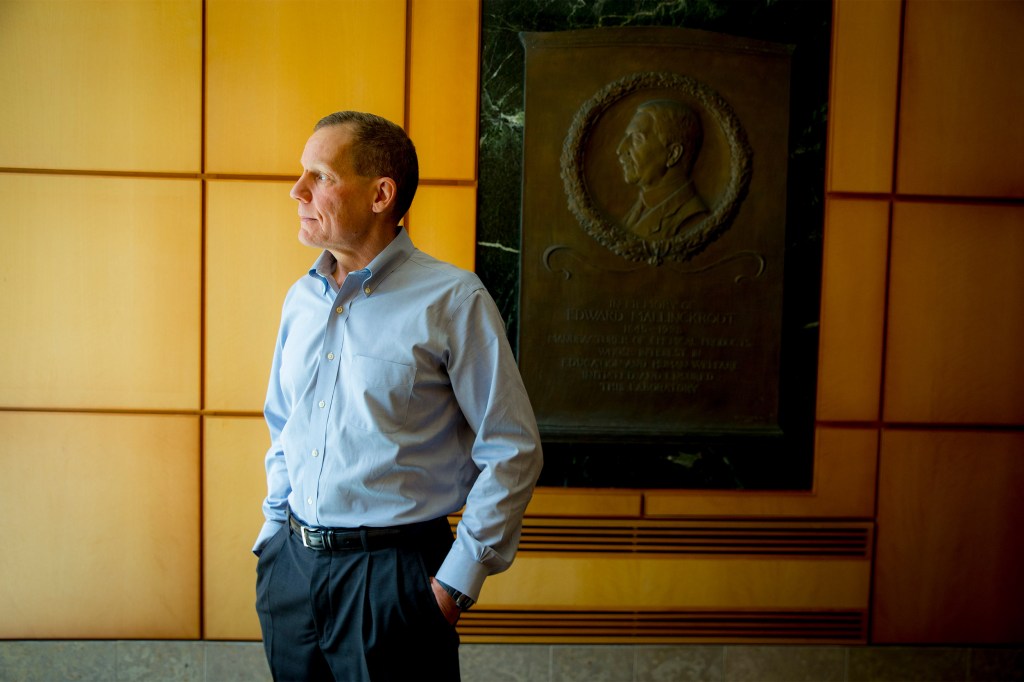
-
Oceans away
A new NASA-funded program will study water worlds and environments to understand the limits of life as part of the search for life on other planets.

-
Speeding up single-cell genomics research
Harvard researchers have devised a time-saving method that makes it possible to speed up the process of profiling gene regulation in tens of thousands of individual human cells in a single day, a development that promises to boost genomics research.
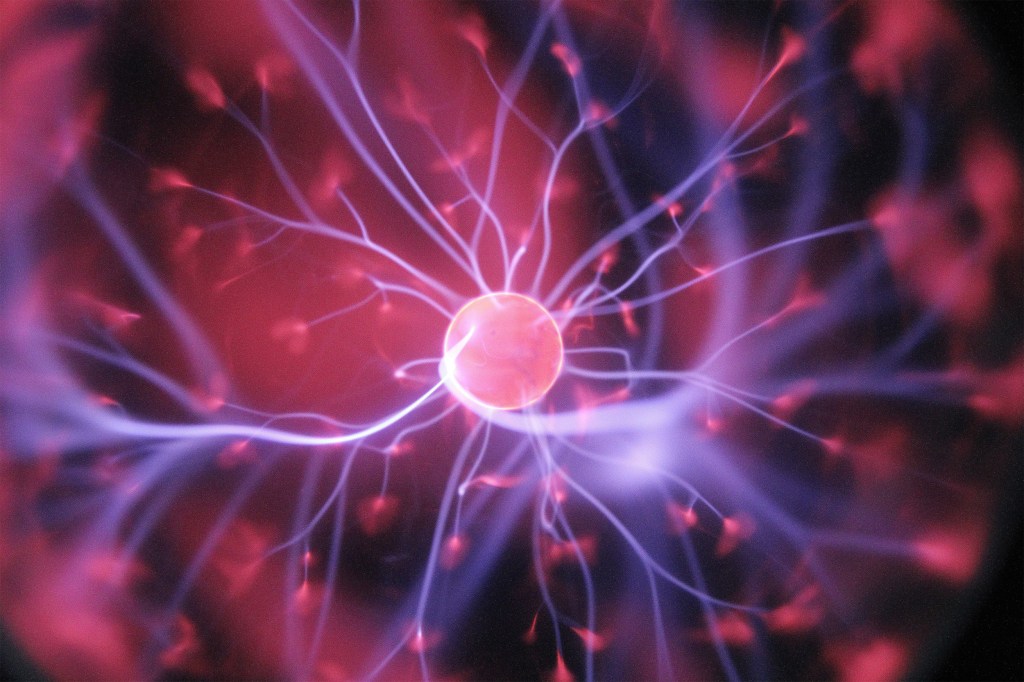
-
The RoboBee flies solo
Several decades in the making, the Harvard Microbiotics Lab’s RoboBee made its first solo flight.

-
Leave those calluses alone
A running-studies pioneer takes a look at walking, with and without shoes, and gives calluses a thumbs-up.
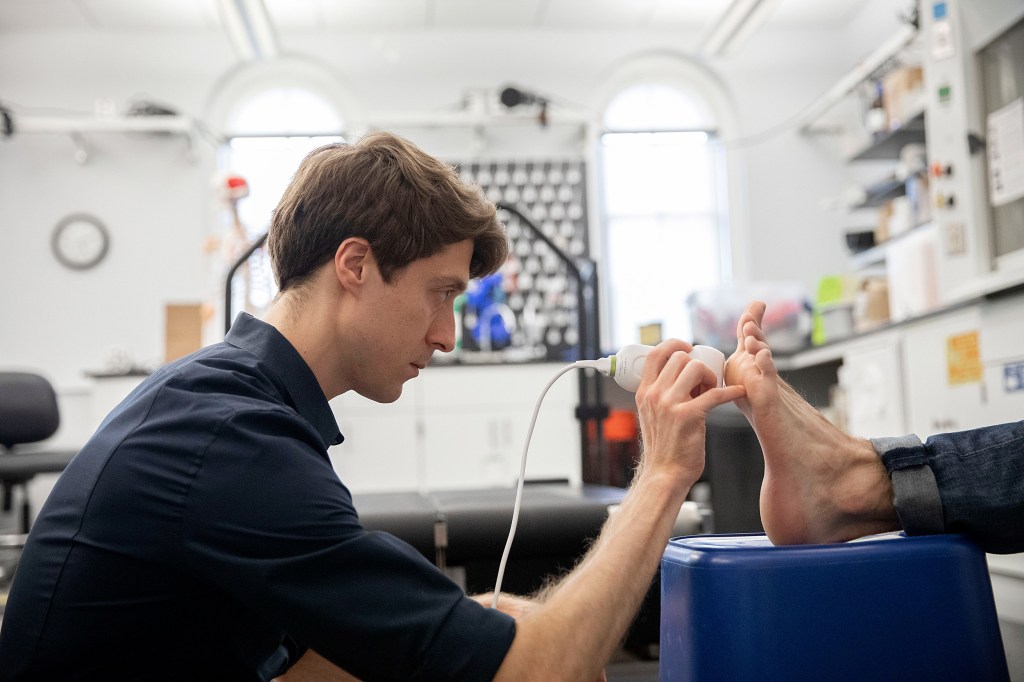
-
Blood-brain barrier chip performs human-like drug and antibody transport
Wyss Institute scientists have developed chip technology that mimics the blood-brain barrier in humans. The new models will help researchers study drugs to treat cancer, neurodegeneration, and other diseases of the central nervous system.
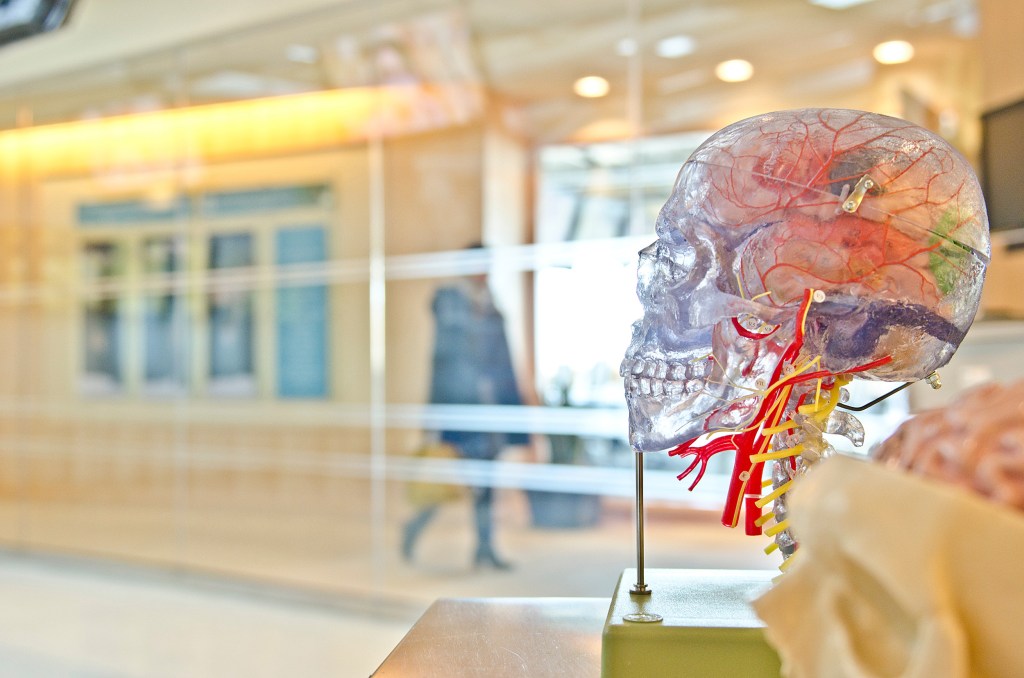
-
The little robot that could
The iRobot Corp. announced its acquisition of Root Robotics, Inc., whose educational Root coding robot got its start as a summer research project at the Wyss Institute for Biologically Inspired Engineering at Harvard University in 2011
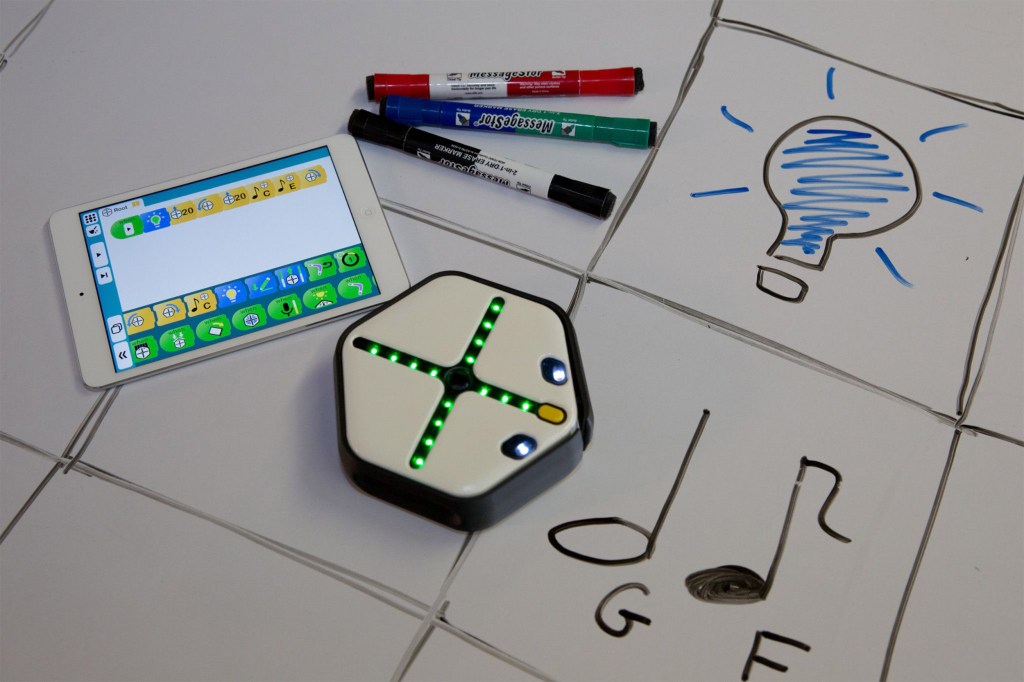
-
The science of the artificial
Researchers propose a new field of study — “machine behavior” — to look at artificial intelligence through the lens of biology, economics, psychology, and other behavioral and social sciences.
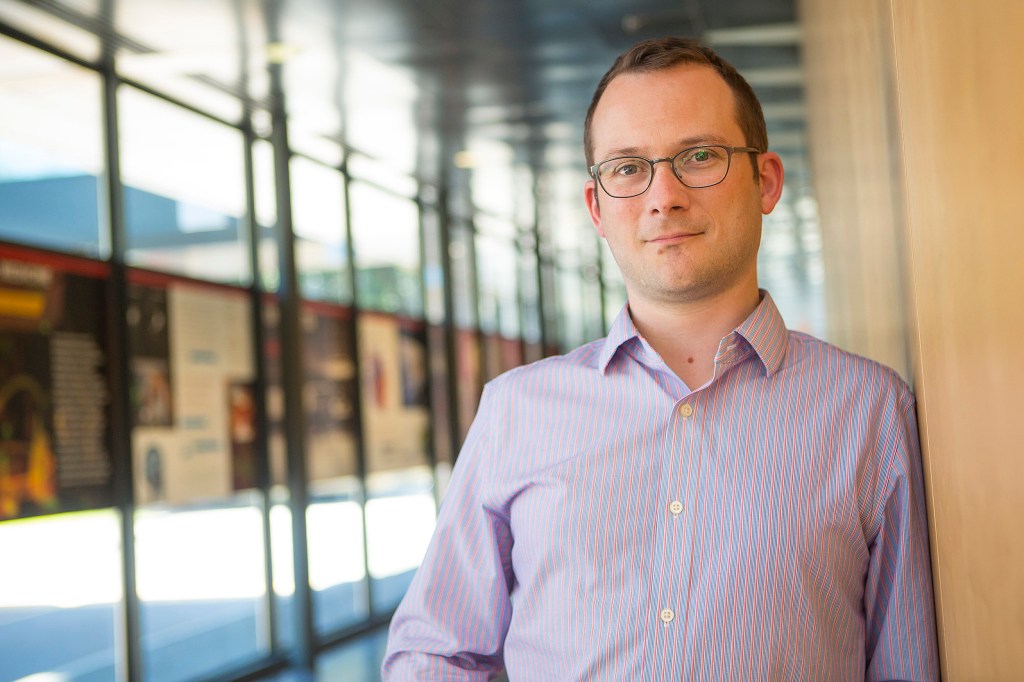
-
Beyond the cloud
Every day, more and more information is filed in less and less space. Even the cloud will eventually run out of space, can’t thwart all hackers, and gobbles up energy. Now, a new way to store information could stably house data for millions of years.
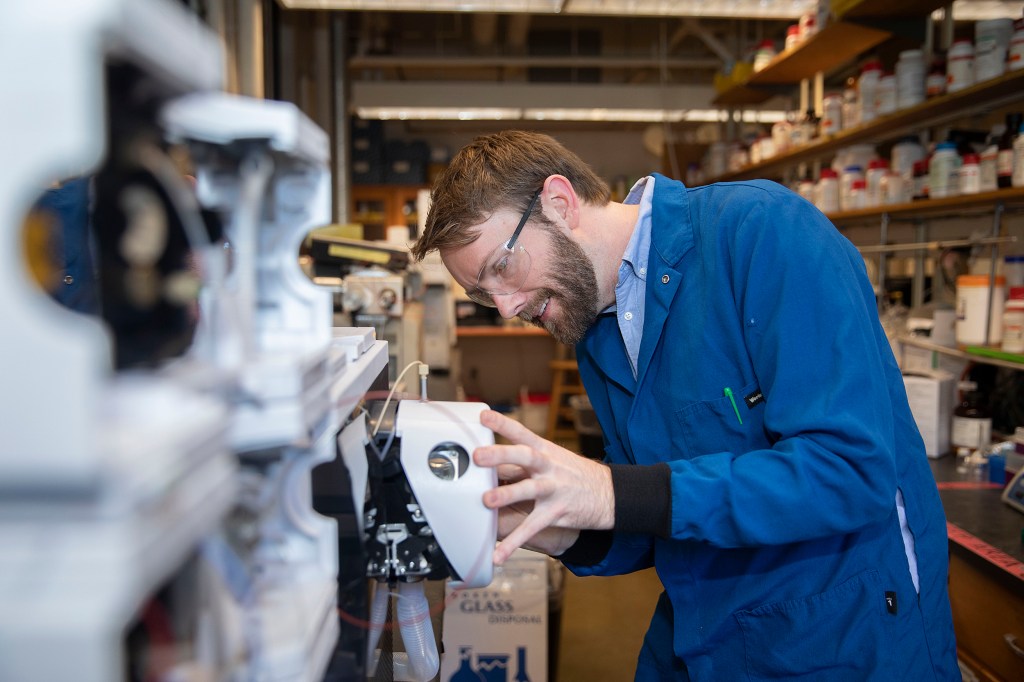
-
No laughing matter
A recent study shows that nitrous-oxide emissions from thawing Alaskan permafrost are about 12 times higher than previously assumed. About a quarter of the Northern Hemisphere is covered in permafrost, which is thawing at an increasing rate. And, even though researchers are monitoring carbon dioxide and methane, no one seems to be monitoring N2O, the most potent greenhouse gas.

-
Forward thinking
Research led by scientists at Harvard and the Broad Institute has optimized the process of making human brain “organoids” — miniature 3D organ models — so they consistently follow growth patterns observed in the developing human brain.
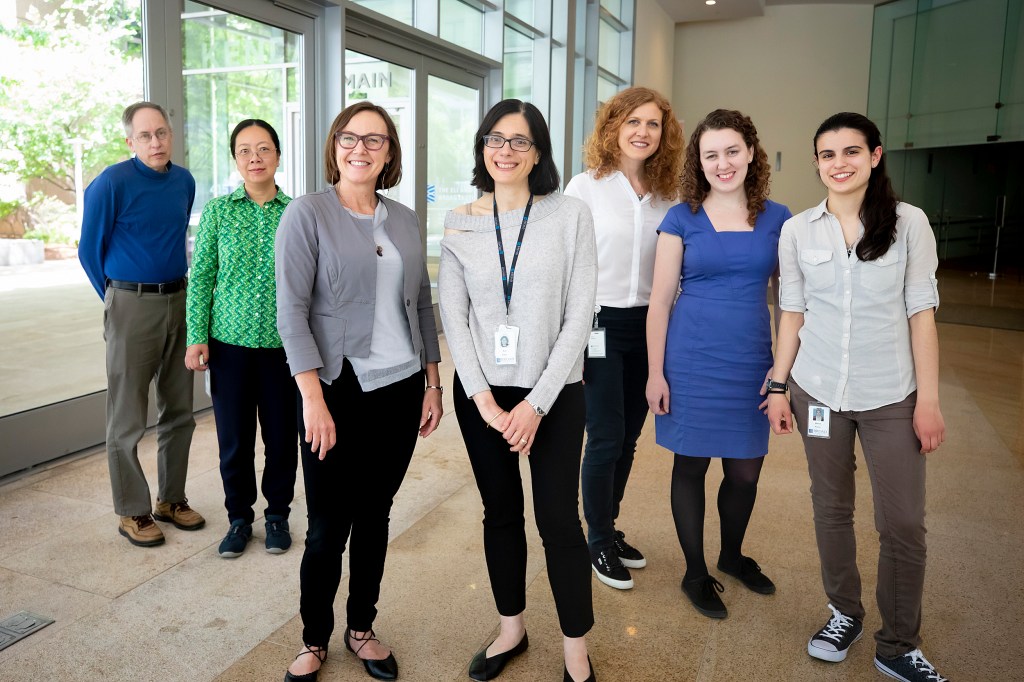
-
Editing genes at the source
Study shows how genes could be edited in stem cells within intact organs, without having to remove them from their normal environment. The new approach could treat a variety of diseases.
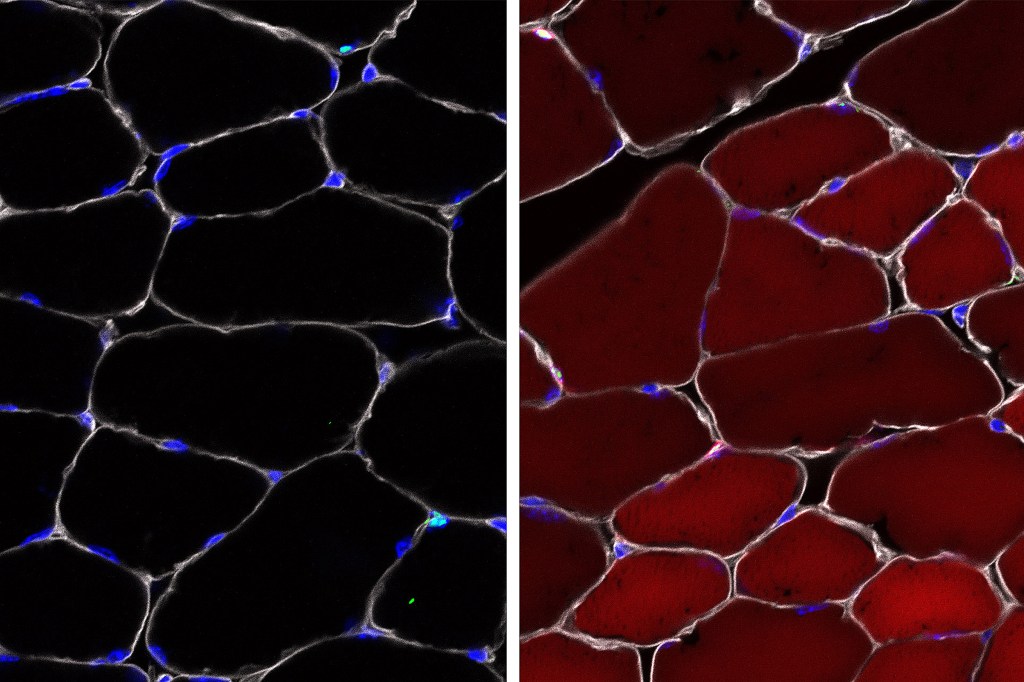
-
A new vision for neuroscience
For decades scientists have been searching for a way to watch a live broadcast of neurons firing in real time. Now, a Harvard researcher has done it with mice.
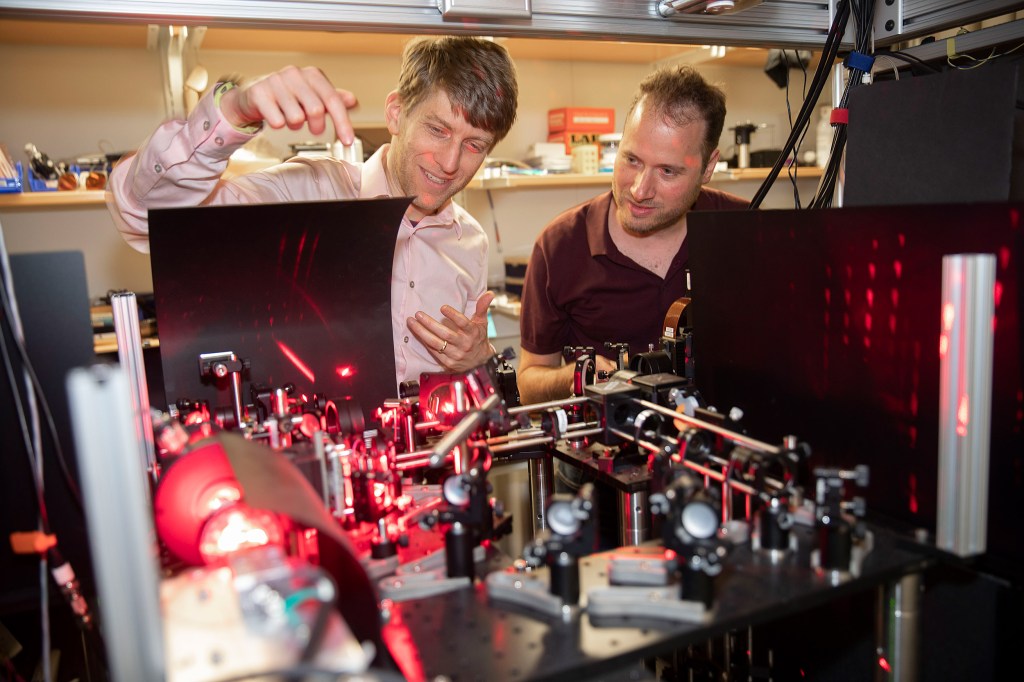
-
Researcher connects the dots in fin-to-limb evolution
With an innovative technique called anatomical network analysis, clear patterns emerge that help solve the puzzle of how fins became limbs 420 million years ago.
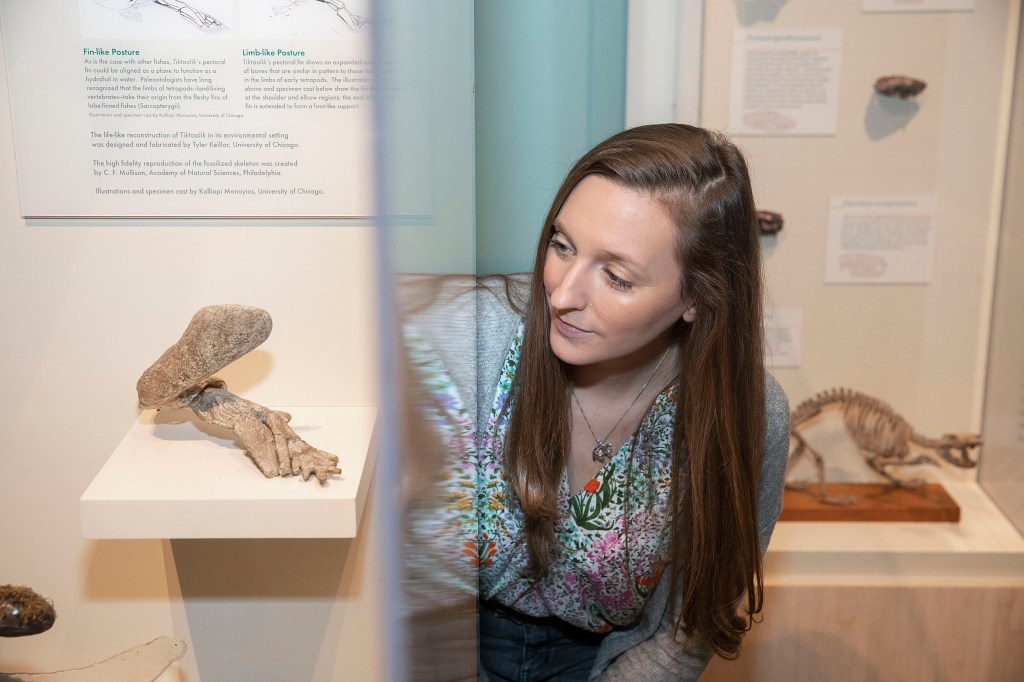
-
Learning why cancer drugs work (or don’t)
Assistant Professor Brian Liau of the Chemistry and Chemical Biology Department has answered the question of why some new drugs for acute myeloid leukemia don’t work by combining CRISPR gene editing with small-molecule inhibitor treatments in a technique he calls CRISPR-suppressor scanning.
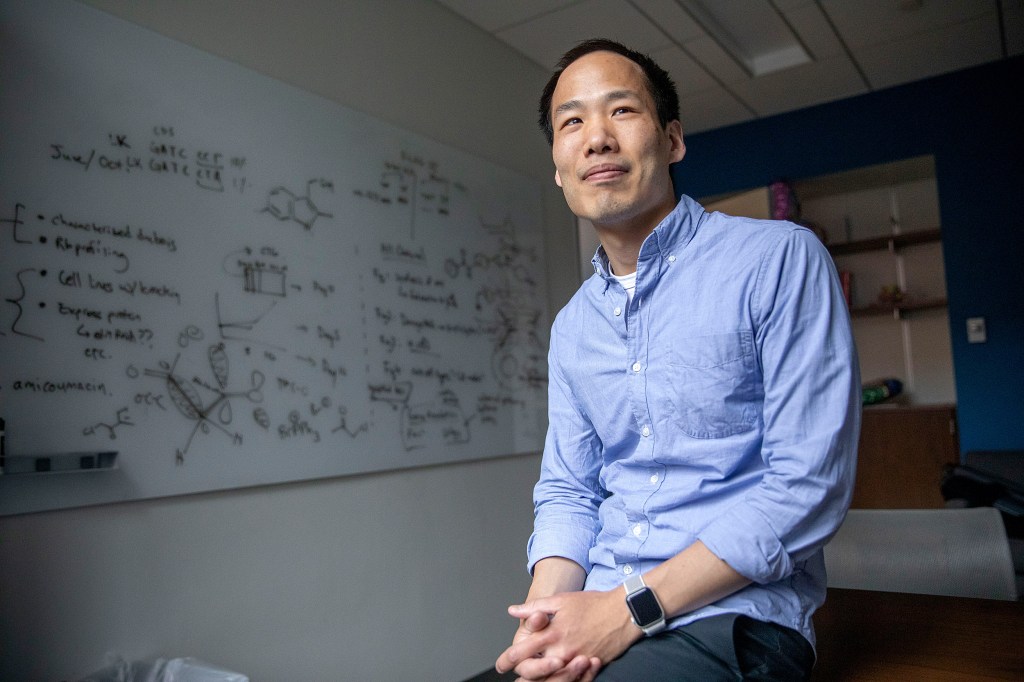
-
The evolution of flightless birds
Based on an analysis of the genomes of more than a dozen flightless birds, including an extinct moa, a team led by Harvard researchers found that while different species show wide variety in the protein-coding portions of their genomes, they appear to turn to the same regulatory pathways when evolving flight loss.
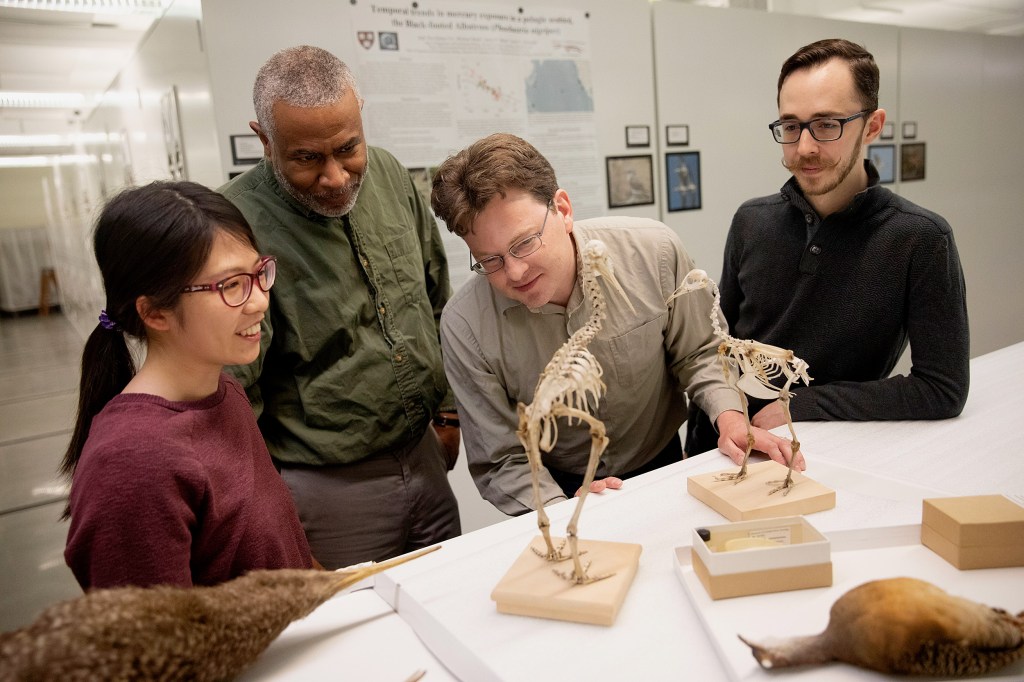
-
Easy on the eyes
New computer program uses artificial intelligence to determine what visual neurons like to see. The approach could shed light on learning disabilities, autism spectrum disorders, and other neurologic conditions.

-
Researchers ID molecules that rein in CRISPR systems
Scientists have identified the first chemical compounds able to inhibit and regulate CRISPR systems, which could ultimately make CRISPR gene-editing technologies more precise, efficient, and safe.
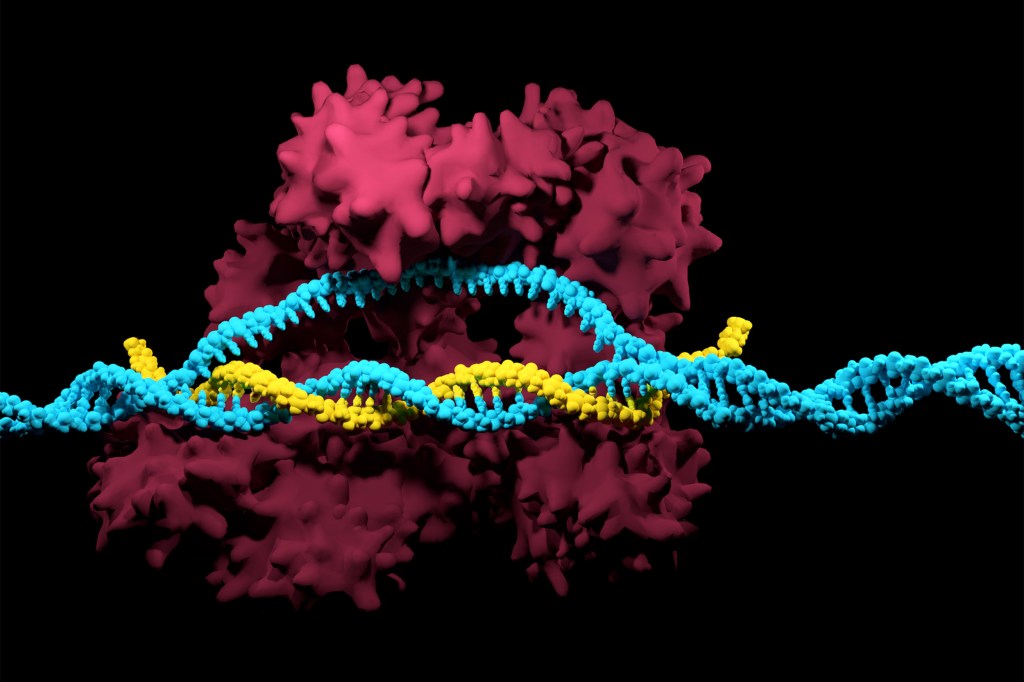
-
AI model predicts TB resistance
A Harvard undergrad, working with Harvard Medical School scientists, has designed an artificial intelligence model that predicts tuberculosis resistance to 10 most commonly used drugs. The new model outperforms previous machine-learning tools, and incorporating it into clinical tests could dramatically enhance early detection and prompt treatment of drug-resistant TB.
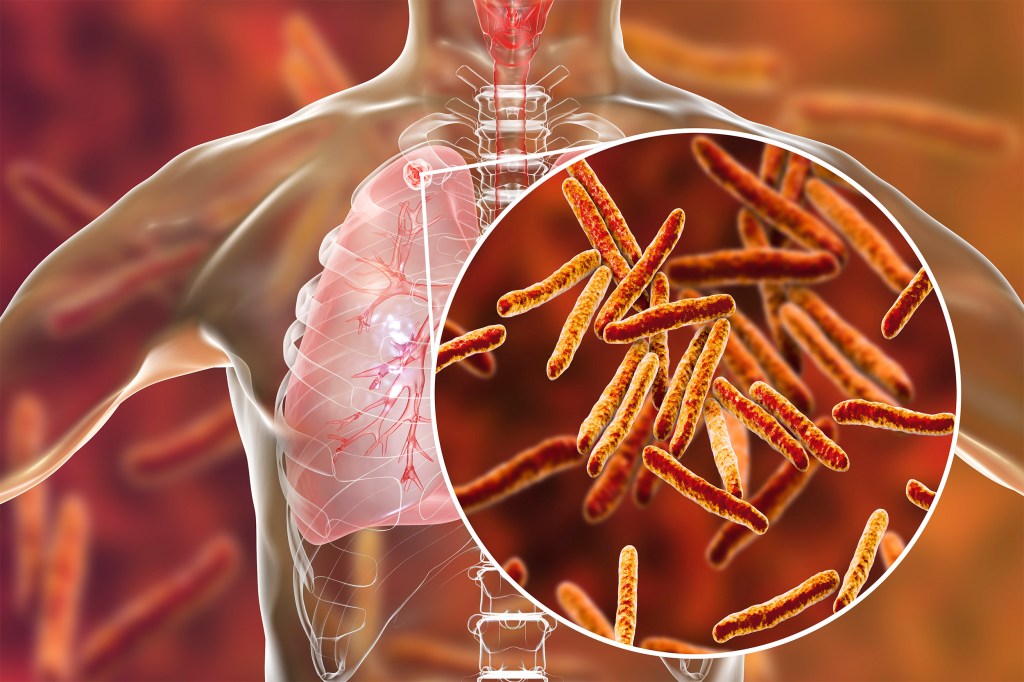
-
Embedded EthiCS wins $150,000 grant
A joint program of the computer science and philosophy departments, Embedded EthiCS has won a $150,000 grant as part of the Responsible Computer Science Challenge sponsored by Omidyar Network, Mozilla, Schmidt Futures, and Craig Newmark Philanthropies.
